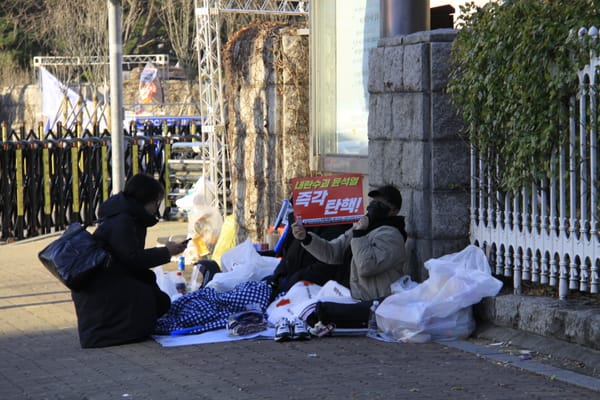Asia Undercovered Round-up: 28 Sept 2021
This week: Climate remains uncovered in Asia, why Japan's opposition is weak, and connecting Chinese investment in Myanmar and Indonesia.
Undercovered last week
Climate Change is impacting Asia in the same ways it is effecting the US and Europe, but stories from the region, including climate-connected disaster, get far less global attention. Such as;
- In North-East India, there is growing evidence that monsoon variations are changing dramatically, resulting in high-rainfall deficits (Akshit Sangomla, DownToEarth).
- In Nepal, black carbon is impacting even among communities in the highest elevations of the country – and contributing to climate change (Sonam Choekyi, ClimateTracker).
- Higher temperatures are impacting people across Asia, but tree cover – the best defense against heat – is distributed unequally, meaning the poor in places like Hong Kong, will suffer more (Zafirah Mohamed Zein, Kontinentalist).
On a related note: This investigation by Tansa, into plans to build a coal plant near Yokohama in Japan, found that the ministry in charge feigned ignorance over climate and environmental impacts when sued by local residents, going as far as to make absurd claims including that the project would reduce CO2 emissions.
A suspected China-led hack has compromised Indonesia’s intelligence agency, reports Catalin Cimpanu for The Record. Likely one of many similar incidents taking place across the region.
And in Thailand, creeping Monarchical power, as the new king, Rama X has issued at least 112 royal edicts since 2017, all without countersignatures, as required by law (Prachatai).
Electoral Politics
Elections could be held in Japan next month (if so, keep your eye out for a subscriber-only Backgrounder). Whatever happens, it’s unlikely to be competitive despite the current government’s low approval ratings, according to Atsushi in this analysis for Global Voices.
Geopolitics
One of the less covered venues for geopolitical competition between the US and China is the Pacific, which also includes several countries that still recognize Taiwan. In this piece for East Asia Forum, Denghua Zhang looks at the role of Fiji, the second largest country in the region, and its balancing act between two competing big powers.
Speaking of Taiwan, in this piece, Jaushieh Joseph Wu call on the United Nations to allow the island nation (and democracy) to rejoin as a member, especially as it tries to rebuild international institutions following the chaos and challenges of the pandemic.
Solutions Stories
An example of interfaith, intercultural dialogue. The Dalai Lama spoke last month, via video, to a group of Indonesian students, where he focused on the importance of inter-religious harmony (Tibet.net)
In Vietnam, a center for wildlife trafficking, campaigners against the illegal trade in animals and animal parts have been using the pandemic, which has raised awareness of the connection between human and animal health, to push harder against the trade (Uyen Diep, Reporting ASEAN).
What I wrote
I often find that reporting on Asia fails to connect issues across countries. Everything happens in isolation – such as the abuses behind this project, funded by the Beijing-based AIIB, in Mandalika, Indonesia. For Equal Times I took it a step further, finding that the AIIB is also funding projects in junta-controlled Myanmar.
Asia Undercovered: Weekly round-ups and in-depth analysis of the news, events, trends and people changing Asia, but not getting enough attention in the US media.



